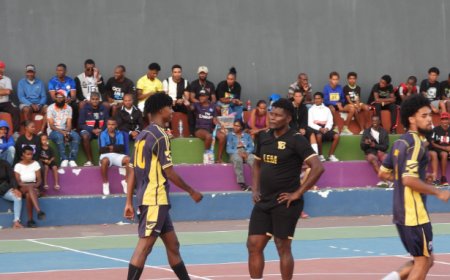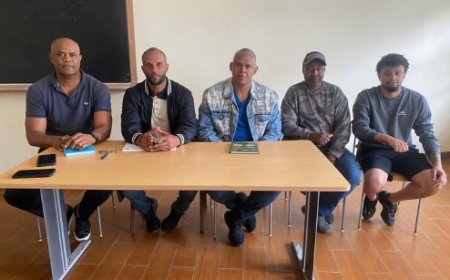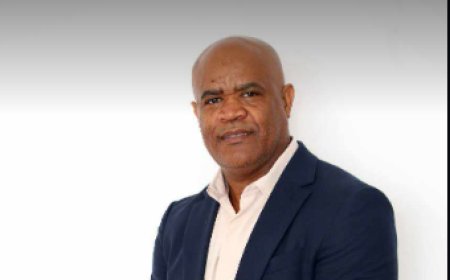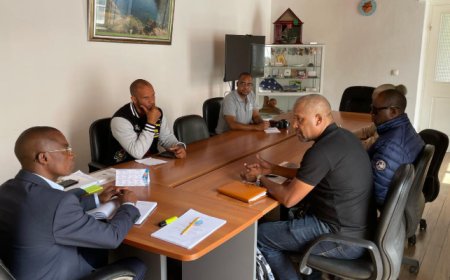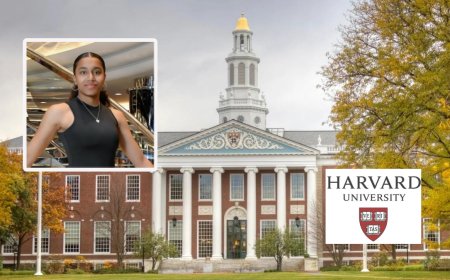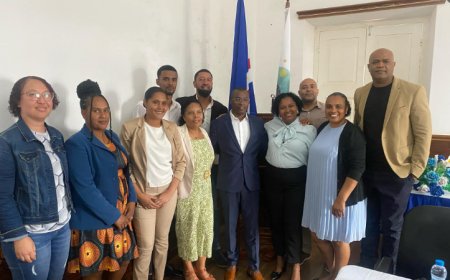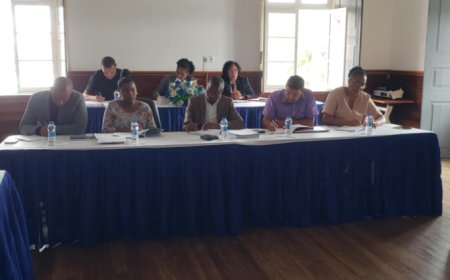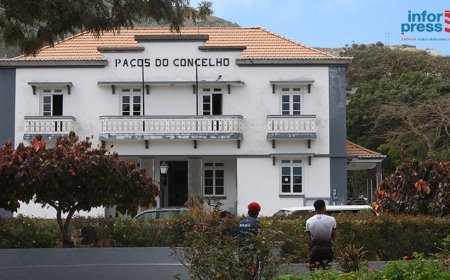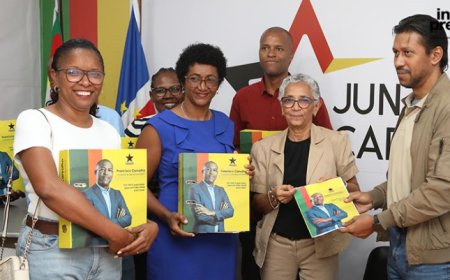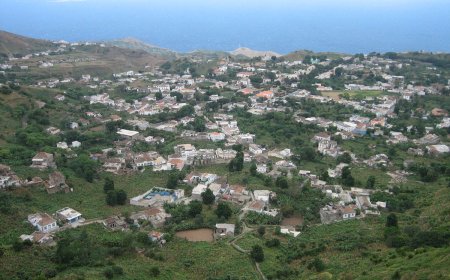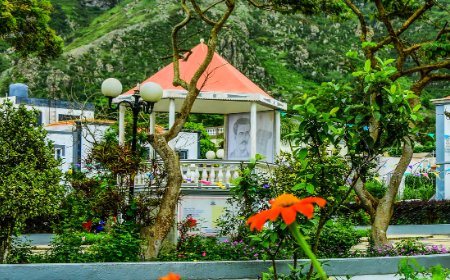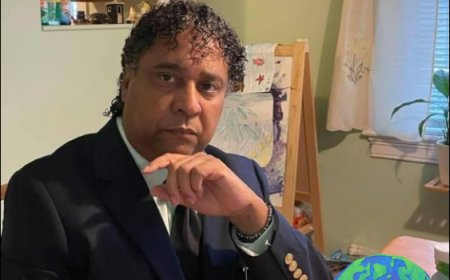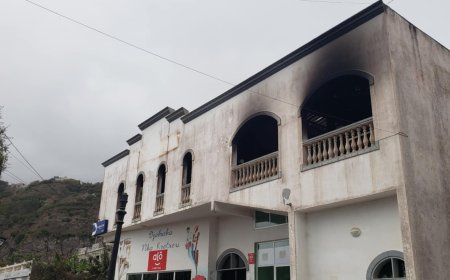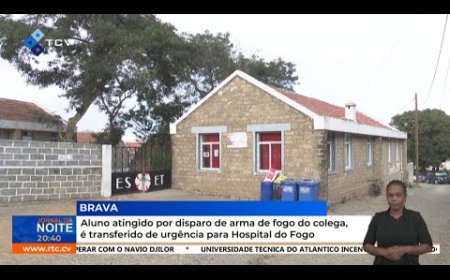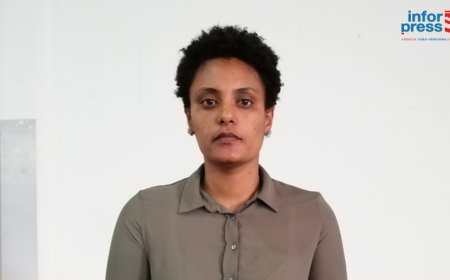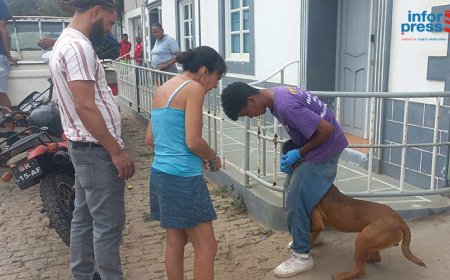Josefina Chantre highlights Amílcar Cabral as a “great global driving force” in the process of liberation of oppressed peoples
Freedom fighter Josefina Chantre told Inforpress today that Amílcar Cabral was a great global driving force behind the liberation process of peoples oppressed under colonial rule.
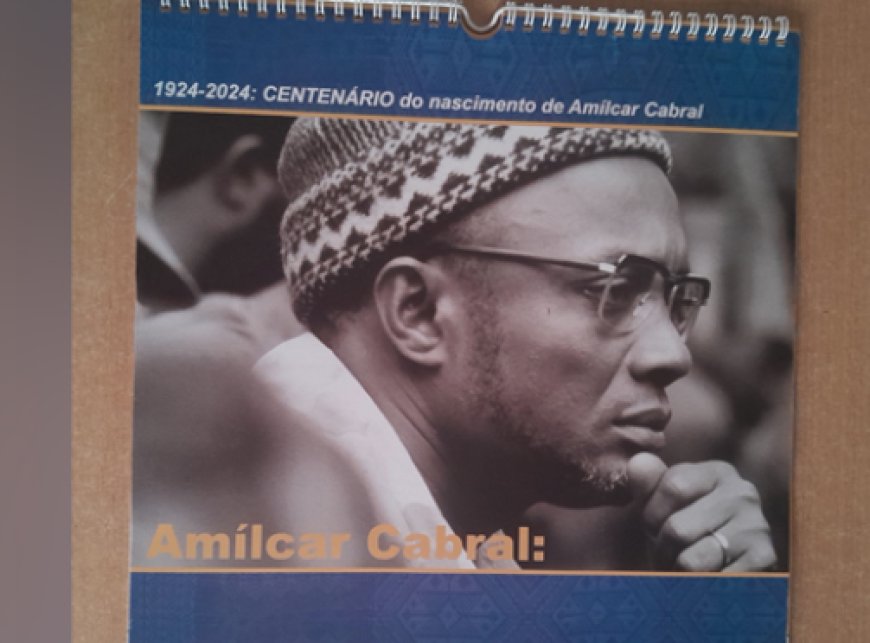
Josefina Chantre, who is president of the African Renaissance – Association of West African Women (RAMAO-CV) and founder of the Cape Verde Women's Organization (OMCV), was speaking on the occasion of the centenary of the birth of Amílcar Cabral, which is celebrated on Thursday, September 12.
“Amílcar Cabral was not only a national hero, but a visionary leader who inspired liberation movements across the African continent,” said the fighter, reinforcing that his fight was not just for the independence of Cape Verde, but for the liberation of all of Africa and the construction of a more just and equitable future for all.”
The fighter who lived closely with Amílcar Cabral, performing various functions, during the anti-colonial struggle, and who dedicated herself to the fight for women's equality after Cape Verde's independence, recalled that Cabral was “a great thinker, politician, strategist and visionary” and that “everyone wants to pay homage to the legacy of this man who went beyond the borders of Guinea-Bissau and Cape Verde”.
“Cabral was indeed a visionary because the thinking that the United Nations wants today as gender equality was already Cabral's thinking back then, way back when he was alive,” said the same source.
According to Josefina Chantre, despite being an agricultural engineer by profession, Amílcar Cabral was a “great strategist” because he led an army, made attack plans for his comrades to fight the colonialists and led the armed struggle, which lasted 11 years, without ever having attended a military academy.
But, he pointed out, Amílcar Cabral never thought about engaging in armed struggle, because he wanted the people of Guinea-Bissau and Cape Verde to have the right to be free, independent and sovereign like any other people.
“At that time, the Portuguese colonial regime under Salazar never wanted to sit down to talk with Cabral. That is why he ultimately chose to launch the Armed Struggle for National Liberation in 1963, which took place in the forests of Guinea for 11 years,” said the freedom fighter for her country, emphasizing that “it was a joint struggle, because Cabral had in-depth knowledge of Guinea-Bissau and Cape Verde and understood that they would have to work hand in hand and would be stronger if they were truly united.”
For Josefina Chantre, Amílcar Cabral was a key figure in the creation of the African Party for the Independence of Guinea and Cape Verde (PAIGC) because it was he, together with other nationalists in Portugal, who really began to try to set up or find the best way to liberate the peoples of the colonies, such as Cape Verde, Guinea Bissau, Angola, Mozambique, São Tomé and Príncipe, which were under colonial rule for 500 years.
“Almost 100 years after his birth, it is only natural that we are here to celebrate the memory of Amílcar Cabral, who was one of the greatest African leaders of all time,” he said.
Despite being saddened by the rejection of the draft resolution to commemorate the centenary of Amílcar Cabral, in the National Assembly, throughout the year of 2024, the freedom fighter of the homeland praised the civil society in Cape Verde and in the diaspora that “took upon itself this responsibility” of organizing the commemorative activities.
“Civil society reacted and I have been witnessing celebrations at all levels all over the world. And on the occasion of the 17th anniversary of my association, RAMAO-CV, in March, I celebrated Cabral's centenary with the lecture 'Cabral Women and Development', because he paid particular attention to women”, he recalled.
According to Josefina Chantre, during the colonial regime, women were doubly exploited by the regime itself and by men themselves, but Cabral understood that every human being had to have equal opportunities.
“For me, Cabral was a great nationalist who gave his own life so that today we can live in peace. And today, hand in hand, women and men, and without discrimination of any kind, we are building this country that we want for our children and that he also loved so much,” he concluded.
Born on September 12, 1924, in Bafatá, Guinea-Bissau, Amílcar Cabral, the son of Cape Verdean parents, was the main architect of the African Party for the Independence of Guinea and Cape Verde (PAIGC), in 1956, which organized and led the fronts of combat against the Portuguese colonial regime. However, his vision went beyond his nations.
Among Cabral's historical achievements, recalled by Josefina, the Cassacá Congress in 1964 stands out, where he insisted on the inclusion of women in leadership committees, anticipating what is now advocated globally in terms of gender equality.
The centenary of Amílcar Cabral is being celebrated with a variety of activities around the world, including symposia and tributes, exhibitions, debates and ceremonies with the active participation of civil society and associations.
Having graduated in agronomy in Portugal, Amílcar Cabral used his knowledge to organize resistance movements in favor of the liberation of his people. He was one of the founders of the PAIGC in 1956.
After the creation of this party, Cabral began a political and military struggle against the Portuguese colonial regime, which culminated in one of the most effective liberation campaigns in Africa. Amílcar Cabral stood out for adopting a strategic and innovative approach to the liberation struggle and defended the importance of combining armed struggle with political mobilization and education of the people.
He was also an advocate of Pan-Africanism, connecting the struggles for independence in Africa to the global struggle against colonialism. Amílcar Cabral was also a renowned intellectual whose ideas continue to influence debates on decolonization and development to this day. He saw the liberation struggle as not only a military but also a cultural process, arguing that the true goal of independence was the total emancipation of the people, including the reconstruction of African identities subjugated by colonialism.
His speeches, writings and actions continue to inspire liberation movements and political leaders around the world.
According to historical data, on January 20, 1973, a few months before Guinea-Bissau's independence, Amílcar Cabral was assassinated in Conakry, but his legacy lived on. Guinea-Bissau declared its independence in September of the same year, and Cape Verde followed suit in July 1975.
Inforpress/End





